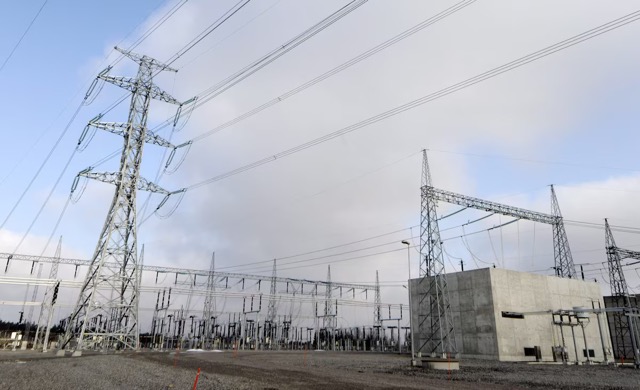Trump’s Proposal to End EV Tax Credit: Here Are 7 Electric Cars to Consider Before It Disappears

The $7,500 federal tax credit for electric vehicle (EV) buyers has been a significant financial incentive, helping consumers save hundreds of millions of dollars on their purchases, Quartz reports.
However, with President-elect Donald Trump’s anticipated return to the White House, the future of this incentive is uncertain. Trump, who has long been opposed to electric vehicles, is reportedly planning to eliminate the credit as part of a broader tax overhaul. His transition team has already begun outlining steps to undo the measures introduced under President Joe Biden’s Inflation Reduction Act (IRA), which included the EV tax credits.
The loss of the $7,500 credit is expected to impact EV sales, especially as automakers shift their focus from early adopters to a broader market of consumers, many of whom remain concerned about the higher upfront costs of electric vehicles. According to the US Treasury Department, buyers saved $600 million in just three months due to the credit, highlighting its importance in making EVs more affordable for the average consumer.
Currently, over a dozen electric vehicles are eligible for the full $7,500 tax credit, while several others qualify for partial credits. If the credit is eliminated, these vehicles could become significantly more expensive for consumers. Here are seven popular electric cars to consider purchasing before the potential end of the tax incentive:
- Tesla Model 3
Tesla’s Model 3 remains one of the most popular electric cars in the world, offering a mix of performance, range, and affordability. The Model 3 qualifies for the full $7,500 tax credit, making it a highly attractive option for potential buyers looking to take advantage of the savings. - Chevrolet Bolt EV
The Chevrolet Bolt EV is an affordable and practical electric car that offers impressive range for its price. Eligible for the full $7,500 tax credit, it has become a favorite among consumers seeking a budget-friendly EV option without compromising on quality. - Ford Mustang Mach-E
Ford’s Mustang Mach-E has quickly gained popularity as a sleek and versatile electric SUV. With an eligible tax credit of up to $7,500, the Mach-E combines modern technology with classic Ford performance, making it an appealing choice for those considering an electric vehicle. - Rivian R1T
The Rivian R1T is one of the first fully-electric pickup trucks to hit the market. This rugged and capable EV qualifies for the full $7,500 tax credit, making it a great option for consumers looking for a larger, more adventurous electric vehicle with strong off-road capabilities. - Nissan Ariya
The Nissan Ariya is an electric crossover that offers a spacious interior, cutting-edge tech, and solid range. Eligible for the full tax credit, the Ariya competes well in the growing electric SUV market. - Volkswagen ID.4
Volkswagen’s ID.4 is an electric compact SUV that combines European engineering with a focus on sustainability. The ID.4 is eligible for the full tax credit and offers a practical and eco-friendly option for families looking for an electric vehicle with ample space and performance. - Hyundai Ioniq 5
The Hyundai Ioniq 5 is a futuristic-looking electric SUV with rapid charging capabilities and advanced features. It is eligible for the full tax credit and is considered one of the top electric cars in terms of value and technology.
For those looking to buy an electric vehicle before the potential end of the tax credit, these models offer a range of options in terms of price, style, and functionality. With the $7,500 incentive set to expire under the Trump administration, now may be the best time to purchase an EV and take advantage of the significant savings.








